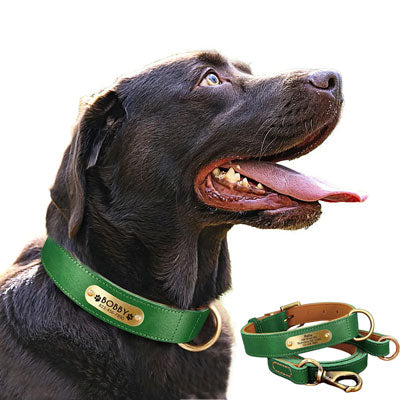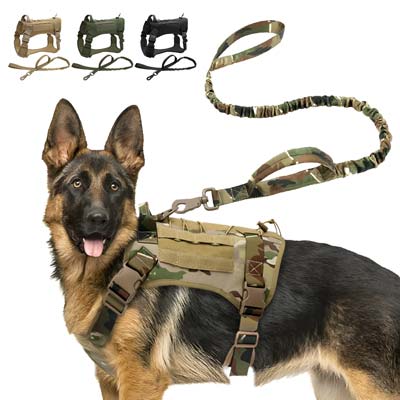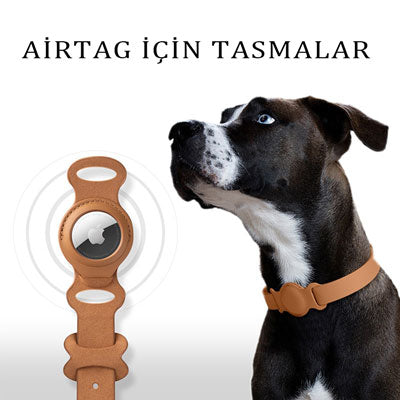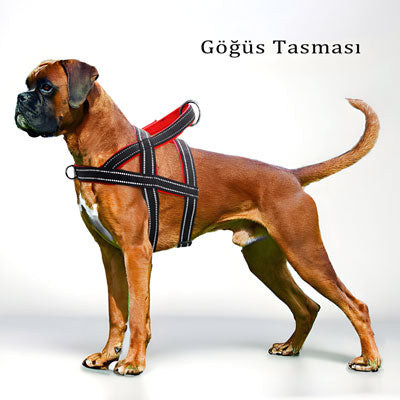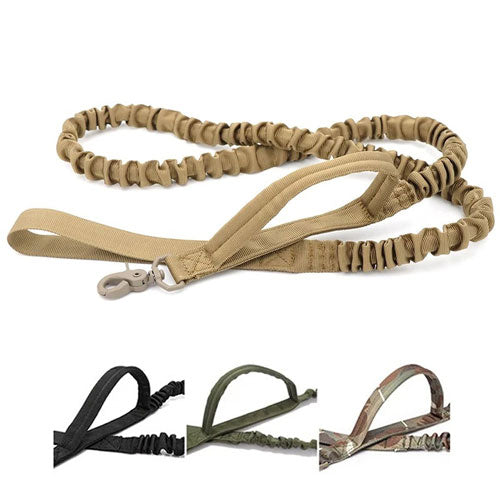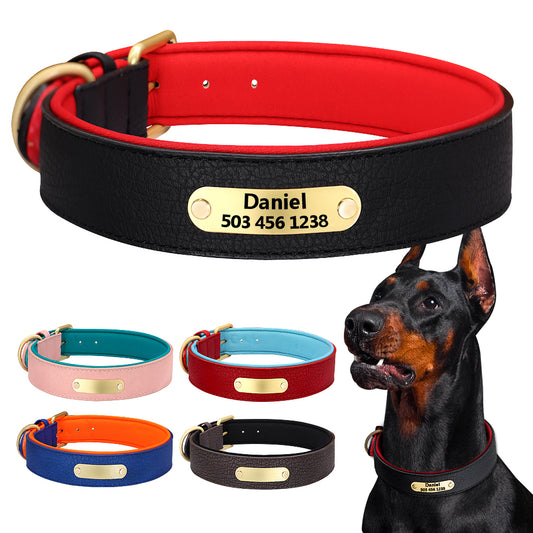
Practical Strategies to Help Socialize Your Dog
My Dog Can't Socialize with Other Dogs, What Should I Do?
Are you having trouble socializing your dog with other dogs? Does your furry friend have trouble interacting with other dogs and making canine friends? If so, you're not alone. Many dog owners experience difficulties helping their pets develop healthy social skills. In this comprehensive guide, we will discuss effective strategies for addressing this problem and providing your dog with the opportunity to thrive in social situations. From understanding root causes to applying practical training techniques, you'll find information to help you here.
Before we dive into the solutions, let's take a closer look at why some dogs have difficulty socializing.
Why Does My Dog Have Difficulty Socializing With Other Dogs?
It's important to understand that every dog is unique and there are a variety of factors that can contribute to their difficulty socializing. Understanding these factors will help you personalize your approach and provide the most effective support to your furry friend. Here are a few common reasons why dogs have trouble socializing:
-
Lack of Socialization at an Early Age
Puppies who have not had adequate interaction with other dogs during their critical socialization period (usually between 3 and 14 weeks) may have difficulty interacting with unfamiliar dogs later in life. Early socialization is important for puppies to learn appropriate behavior and communication skills. -
Fear or Anxiety
Fear and anxiety can play a significant role in inhibiting a dog's ability to socialize. Previous negative experiences, such as an attack or accident, can create a persistent fear response. Similarly, dogs with anxious tendencies may feel overly intense in social situations, which can lead to avoidance or defensive behaviors. -
Lack of Proper Education
Without proper training, dogs can have a hard time understanding how to behave around other dogs. They may display overly excited or aggressive behavior, which can make it difficult for them to form positive social connections. -
Traumatic Past Experiences
Dogs that have experienced trauma such as abuse or neglect may have difficulty trusting and forming new relationships with other dogs. These past experiences can leave lasting emotional scars that affect their social interactions.
Now that we have a better understanding of the possible causes, let's explore practical steps that can help your dog overcome socialization difficulties.
Practical Strategies to Help Socialize Your Dog
-
Consult a Professional Dog Trainer or Behaviorist
If your dog is having significant difficulties socializing, it would be wise to seek guidance from a professional. A dog trainer or behaviorist can evaluate your dog's behavior, identify any underlying problems, and create a personalized training plan. They provide you with expert advice and guidance on how to proceed. -
Gradual Interaction with Other Dogs
For dogs who experience anxiety or fear around other dogs, it's important to slowly introduce them to their new canine companion. Start by arranging controlled, positive interactions in a calm, controllable environment. Watch your dog's body language and reactions closely, making sure they feel safe and comfortable throughout the process. Over time, gradually increase the duration and intensity of interactions. -
Positive Reinforcement and Rewards
Positive reinforcement is a very effective training technique for socialization. When your dog displays calm and friendly behavior around other dogs, reward them with praise, a treat, or their favorite toy. This positive association will help them understand that interacting with other dogs is a positive and rewarding experience. -
Obedience Training
Enrolling your dog in obedience training can significantly improve his socialization skills. These classes provide structured environments where dogs can learn appropriate behavior and communication skills under the guidance of experienced trainers. By learning basic obedience commands, your dog creates a solid foundation for positive social interactions. -
Controlled Play Appointments
Setting up play dates with other well-behaved and friendly dogs can be a valuable socialization tool. Start with dogs known to be calm and patient, and progress to more energetic playmates once your dog is more relaxed. Always supervise these interactions, ensuring they are all positive and safe for all participants. -
Desensitization and Counterconditioning Techniques
For dogs with fear or anxiety issues, desensitization and counterconditioning techniques can be extremely helpful. These methods involve gradually exposing your dog to triggers in controlled environments and combining the experience with positive rewards. With time and patience, this process can help your dog reassociate his fears with positive outcomes.
There are many strategies you can use to help your dog socialize successfully with other dogs. Remember, every dog is unique, so it's important to adapt these techniques to fit your furry friend's individual needs.
Frequently Asked Questions About Socializing with Other Dogs
-
How long does it take to socialize a dog?
How long it takes a dog to socialize can vary significantly depending on their personality, previous experience and techniques used. Some dogs may improve within a few weeks, while others may take several months to become comfortable around other dogs. -
Can an adult dog be socialized?
Yes, adult dogs can be socialized, but they generally do not adapt as quickly as puppies. To socialize an adult dog, be patient and seek the guidance of an expert. -
Does every dog need to be socialized with other dogs?
Every dog's social needs are different, and some dogs are more independent and prefer less dog interaction. However, dogs generally need some level of dog socialization, and this includes developing proper social skills and communication abilities. -
What should I do if my dog refuses to socialize with other dogs?
If your dog refuses to socialize, consider meeting with a dog trainer or behaviorist. These professionals can provide valuable guidance in recommending strategies and techniques that can help manage your dog's social fears and anxieties.
Above all, remember the importance of handling your dog's socialization process in a calm and patient manner. This is not an overnight process, and progress can sometimes be difficult to notice. However, with time and proper guidance, your dog can develop healthier and more positive social interactions.
--Frequently Asked Questions (FAQ) - Socialization of Dogs
